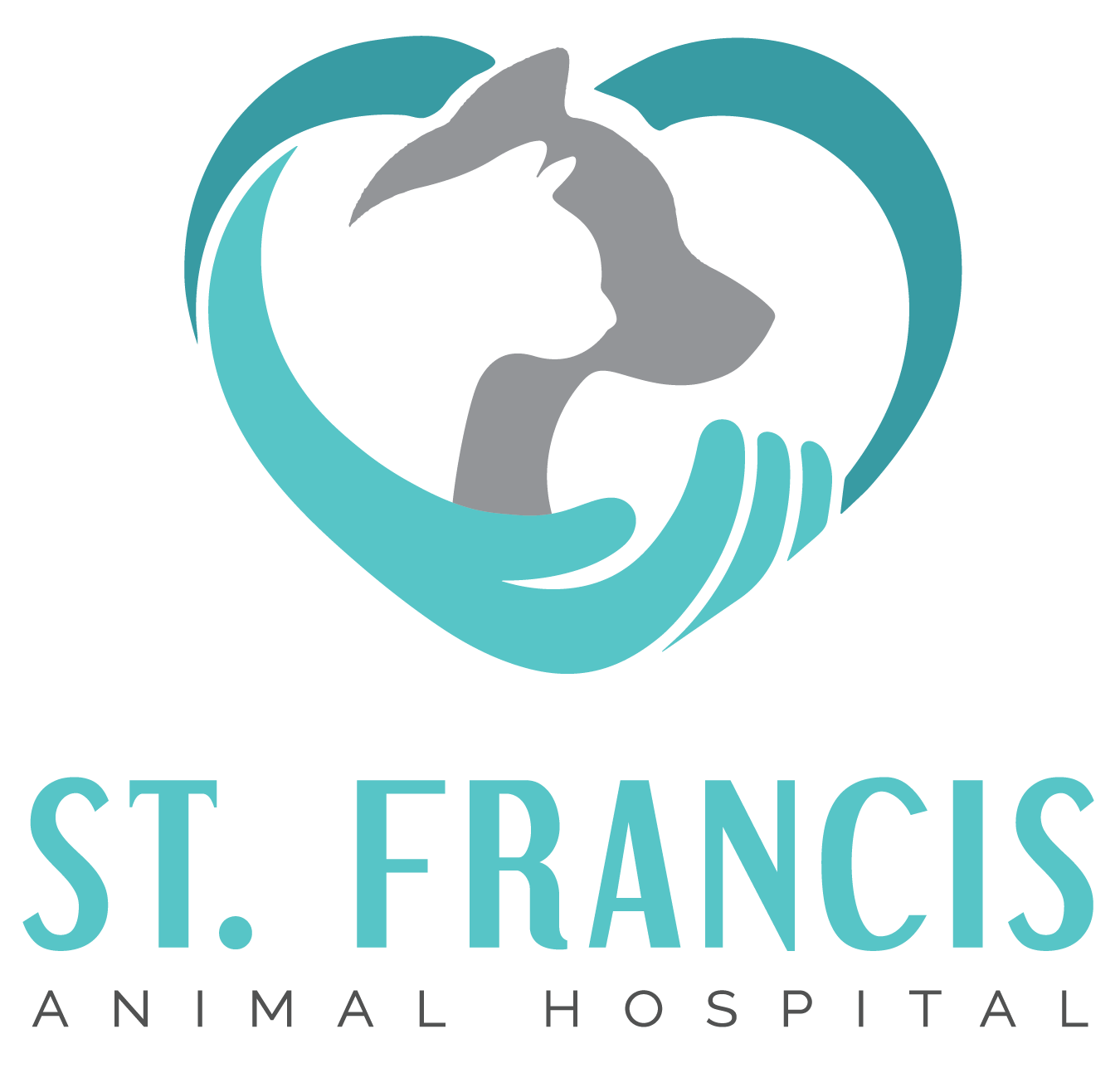
Like us, pets can be affected by heart (cardiovascular) disease. Although we can’t prevent or cure most types of heart disease in pets, we can help improve heart function and quality of life in cats and dogs with heart disease. And the earlier we can diagnose it, the better.
What Is Heart Disease?
Heart disease is a term that encompasses many different types of problems or conditions related to the heart. Most types of heart disease are associated with a leaky heart valve or weakening or thickening of the heart muscle, eventually resulting in an enlarged heart.
Heart disease tends to worsen over time. Pets with heart disease may end up with congestive heart failure, a condition in which the heart can no longer pump blood effectively, causing fluid to build up in the chest or abdomen.
Fortunately, heart disease (and even heart failure) is manageable. Pets who are identified early in the disease usually have a better outcome than those who aren’t identified until the disease is more advanced.
Detecting heart disease before clinical signs are obvious can help keep your pet healthier for longer and may even help your pet live longer.
What Are Signs of Heart Disease in Pets?
The first sign of heart disease in dogs is often a heart murmur, usually noted during a veterinary exam and typically present months or even years before other clinical signs are obvious. Cats, on the other hand, may have advanced heart disease with no murmur.
Other symptoms of heart disease or failure that pet owners might notice include:
- Abdominal swelling
- Coughing
- Difficulty, noisy, or rapid breathing
- Exercise intolerance (reluctance or inability to exercise)
- Fainting/collapse
- Lack of energy
- Loss of appetite and/or weight
- Rapid heart rate
- Weakness
What Causes Heart Disease in Pets?
Several conditions can make pets more prone to developing heart disease. Age and breed are the most common, but being overweight can play a role as well. Heartworm disease can also be a factor in heart disease.
What Pets Are at Risk for Heart Disease?
Heart disease in pets is often genetic. That’s why certain types of heart disease are more common in specific breeds or species. For instance:
- Dilated cardiomyopathy (DCM) tends to affect certain breeds as they reach middle or older age. These are typically large and giant breeds, such as Boxers, Doberman Pinschers, Great Danes, and Newfoundlands, as well as Cocker Spaniels. But certain pet foods may now be causing DCM in breeds that aren’t usually affected (see below for more on this).
- Hypertrophic cardiomyopathy, the most frequently diagnosed heart disease in cats, is common in Maine Coons and Ragdolls.
- Mitral valve disease (MVD), also referred to as degenerative valve disease, affects many smaller dogs as they age. Cavalier King Charles Spaniels and Dachshunds are predisposed. Although MVD is very common in dogs, it is rarely diagnosed in cats.
Any dog or cat, regardless of breed or size, can develop heart disease.
What Role Could Pet Food Play in Heart Disease?
As grain-free pet foods have become more popular, veterinarians across the country started noticing a potential connection between dogs (and a few cats) who were eating a grain-free diet and developing DCM. The US Food and Drug Administration (FDA) is working with veterinary nutritionists and veterinary cardiologists to determine what might be causing this problem.
The diets that have been reported are mostly dry food (kibble), and they generally contain a large amount of peas, lentils, other legumes, and/or potatoes in different forms (you may see ingredients like “peas,” “pea protein,” or “potato flour,” for example, listed toward the top of the ingredients).
We don’t yet have answers about why these types of pet foods seem to be causing heart disease in some pets, but we don’t want you to worry unnecessarily.
If your pet is eating a grain-free diet or you have questions or concerns about your pet’s food, please give us a call.
How Can We Help Your Pet With Heart Disease?
Regular wellness exams play a crucial role in detecting heart disease. However, if you notice signs of heart disease in your pet, don’t wait for your pet’s next wellness exam. Contact us right away.
Early detection and proper treatment of heart disease can help significantly improve your pet’s quality of life and possibly even how long your pet will live. Your St. Francis veterinarian will recommend the best treatment options to help your pet with heart disease.






Recent Comments